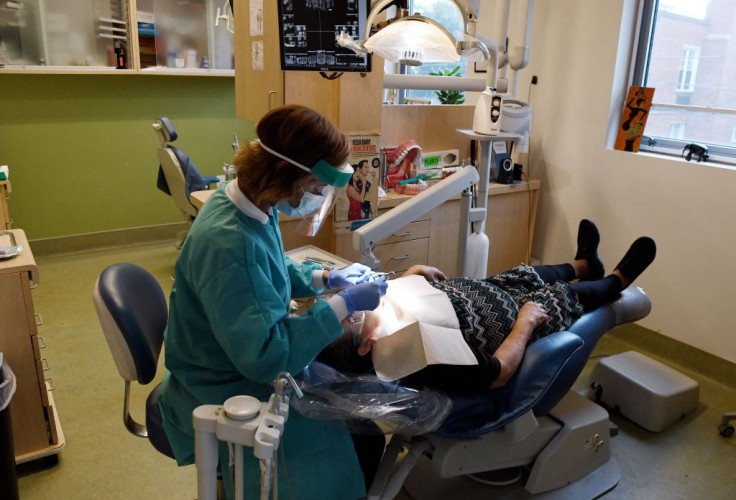
The Centers for Disease Control and Prevention (CDC) issued a health advisory regarding waterborne bacteria in dental plumbing systems on Monday, October 31, after kids who visited pediatric dental clinics were suddenly infected with Nontuberculous Mycobacteria.
The CDC said that the most recent suspected outbreak happened back in March, after two cases were confirmed in the years 2015 and 2016.
According to the CDC, Nontuberculous Mycobacteria (NTM) can cause serious infections in the skin, lymph nodes, blood, or lungs. The bacteria is naturally found in dust, soil, and water. The microorganisms can join together and stick to surfaces, however, in some moist environments. They form biofilms that are then difficult to eliminate.
Suspected NTM infections happened last March
The CDC said that dental waterlines have a particularly high risk of developing biofilms. The federal agency cited the waterlines' long, small-diameter tubing, the low flow rates used in dentistry, as well as the frequent periods of stagnation.
The suspected NTM infections that were identified last March transpired among patients of the same pediatric dental facility. The CDC did not disclose the location of the facility and the agency did not immediately respond to a request for additional information regarding that particular outbreak.
The CDC said that the ongoing investigation has thus far showed that the microbial counts at the facility's dental waterline were much higher compared to the recommended level, NBC News reported.
NTM outbreaks happened in 2015 and 2016
A similar outbreak back in 2016 was linked to a pediatric dental clinic located in Orange County, California. A total of 71 patients were diagnosed with infections there after undergoing pulpotomy procedures, which treat baby teeth that are decaying. A total of 24 children got NTM infections the year before after receiving dental care from a clinic in the state of Georgia.
The kids sickened in those two outbreaks were 4 to 8 years old. The children developed severe infections with some of them even requiring hospitalization or surgery. The CDC said that some of those young patients were left with hearing loss, facial nerve palsy, incision fibrosis, and permanent tooth loss.
The CDC issued a recommendation to dental clinics, saying that they should treat their waterlines regularly with disinfectants. They should also monitor the quality of the water to ensure that it meets the safety standards of the Environmental Protection Agency (EPA).
The CDC added that dental providers should consult with the manufacturer of the dental equipment for appropriate methods and equipment to both monitor and maintain the quality of the dental water that they use.
The CDC also advised all dentist office staff to receive training on how to maintain and monitor the dental water quality when they are hired and when the new dental equipment is purchased. That training should be done annually after that.
Patients are encouraged by the CDC to ask their dental providers about their practices regarding infection prevention. Dental water is dangerous if left untreated as it can also breed other bacteria, including Legionella.
Related Article: Life Sentence for Georgia Man Who Tried to Drown Mother in Bathtub